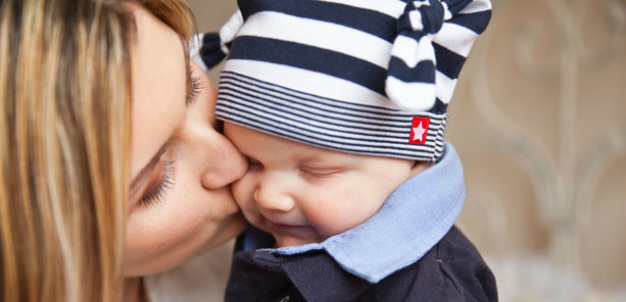|
Jonatha Holand I am a CEO. I do not have a special parking place. I do not get bonuses. As a matter of fact, I haven’t had a paycheck in 12 years. My job description includes landscaping, house cleaning, accounting, shopping, and general clerical work. But my job-critical tasks are teaching, counseling, nurturing, and disciplining. I am not always popular. But that’s okay because it is not part of my job to be popular. I am my Children’s Executive Officer. I’ve been entrusted with raising three children to be adults. It’s not vitally important that they become successful in the way that we often define success—lots of money, fame, a specific career. But I do want them to succeed in the way Webster describes it, “to turn out well.” I heard a mom say recently, “I don’t have time to discipline.” Of course we’ve all had moments when we’ve caved in. But a key part of helping my children to turn out well is to teach them that there are consequences for both good and bad behavior. For instance, I was in the grocery store with my then 3-½ year old. He was in a phase of not wanting people to look at him. But how were these poor shoppers to know that! Of course, a woman looked at him and he stuck his tongue out at her. I asked him to apologize. He said no. I took the cookie out of his hand and again explained that that was not acceptable behavior and asked him to apologize. Nothing doing. This saint of a woman, perhaps a veteran parent herself, patiently stood by supporting our Public Behavior 101 class. This went on and on for at least a couple of minutes until he finally apologized. I thanked her for her patience and turned my back from him to get some English muffins. At that point he declared so the store could hear, “I don’t like you, Mom.” I turned back to him and calmly said, “You don’t have to like me, you just need to obey me.” The man stacking bread on the shelves said, “Wow, that’s good…. I like that.” Discipline, which Webster describes in part as “to train or develop by instruction and exercise, especially in self-control” is a large part of parenting. It’s teaching your child to learn self-control, to accept responsibility for his actions, to think clearly, and make good choices. I’ve realized that if I do too much of this for my children, they will not learn it for themselves. I often ask myself, how do you teach the children what is appropriate behavior? And the answer comes back, by behaving appropriately yourself. Every parent’s heart has soared when a child demonstrates what Mom or Dad has strived to teach. The same parents have cringed when they have seen or heard their little ones mimic their less than acceptable behavior. Is this the reason to despair and give up? Absolutely not; it should inspire us to do better. Childhood needn’t be a boot camp. But it’s not a free-for-all either. There’s a balance to be found. My role is to help them be intelligent but not arrogant. I want them to be peacemakers, but not doormats. I want them to be good but not naïve, wise but not suspicious. I want them to be obedient but not subservient, patient but not apathetic. I want them to have respect for themselves. I want their presence in a room to bring light, not shadows. I will retire some day from being a CEO. And it’s right that I do. There will come a time when my children will be adults—and executive officers of their own lives. Jonatha Holland is a mother of three and lives in Carlisle, Mass. Article courtesy of Christian Science Monitor.
0 Comments
Leave a Reply. |
Categories
All
Archives
March 2024
LinksFree Children's Stories |


 RSS Feed
RSS Feed
